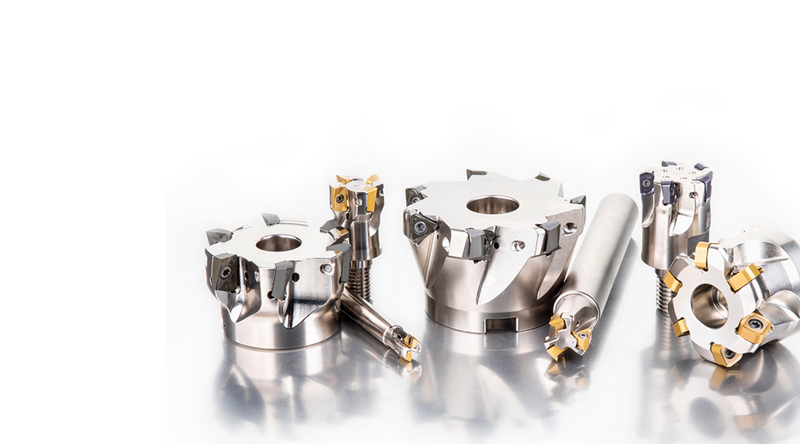Metal Cutting: Cutting-Edge Metal Cutting Solutions with Carbide Technology
 0
0
Posted: Sat August 24 8:25 AM PDT
Business: My Business Name
Tags: metal cutting, edge metal cutting, carbide, technology, industries
Metal cutting is a crucial process in various industries, from automotive and aerospace to medical and electronics. The ability to cut through hard metals with precision and efficiency is vital for the production of a wide range of products. This is where solid carbide tools come into play, offering cutting-edge solutions for metal cutting applications.
The Benefits of Solid Carbide Tools
Solid carbide tools are made from a combination of tungsten carbide and cobalt, resulting in a material that is extremely hard and wear-resistant. This allows solid carbide tools to maintain their cutting edge for longer periods of time, leading to increased productivity and cost savings in the long run.

High-Temperature Resistance and Durability
One of the key advantages of solid carbide tools in metal cutting is their ability to withstand high temperatures and speeds. This makes them ideal for cutting through tough materials such as stainless steel, titanium, and hardened steels. The heat resistance of solid carbide tools also reduces the risk of tool wear and breakage, ensuring consistent and reliable performance in demanding applications.
Precision and Accuracy
In addition to their durability and heat resistance, solid carbide tools also offer superior precision and accuracy in metal cutting. The sharp cutting edges of solid carbide tools produce clean and smooth cuts, minimizing the need for secondary finishing operations. This not only saves time and labor costs but also ensures that the final product meets the required specifications and quality standards.
Enhanced Cutting Performance
Furthermore, solid carbide tools can be designed with specific geometries and coatings to further enhance their cutting performance. For example, variable helix angles and flute designs can improve chip evacuation and reduce cutting forces, resulting in smoother cutting operations and longer tool life. Coatings such as TiAlN and TiCN can enhance the wear resistance of solid carbide tools, allowing them to tackle even the toughest materials with ease.

Sustainable Manufacturing Practices
The use of solid carbide tools in metal cutting also contributes to sustainable manufacturing practices. By increasing cutting speeds and feeds, solid carbide tools can reduce machining times and energy consumption, leading to lower carbon emissions and production costs. The longer tool life of solid carbide tools further reduces the need for frequent tool changes, resulting in less material waste and increased efficiency in the machining process.
Conclusion
In conclusion, solid carbide tools play a vital role in advanced manufacturing processes, particularly in metal cutting applications. Their exceptional hardness, heat resistance, and precision make them the go-to choice for cutting through hard metals with ease and efficiency. By incorporating solid carbide tools into their operations, manufacturers can achieve higher productivity, quality, and sustainability in their metal cutting processes.
Comments
Please login above to comment.
